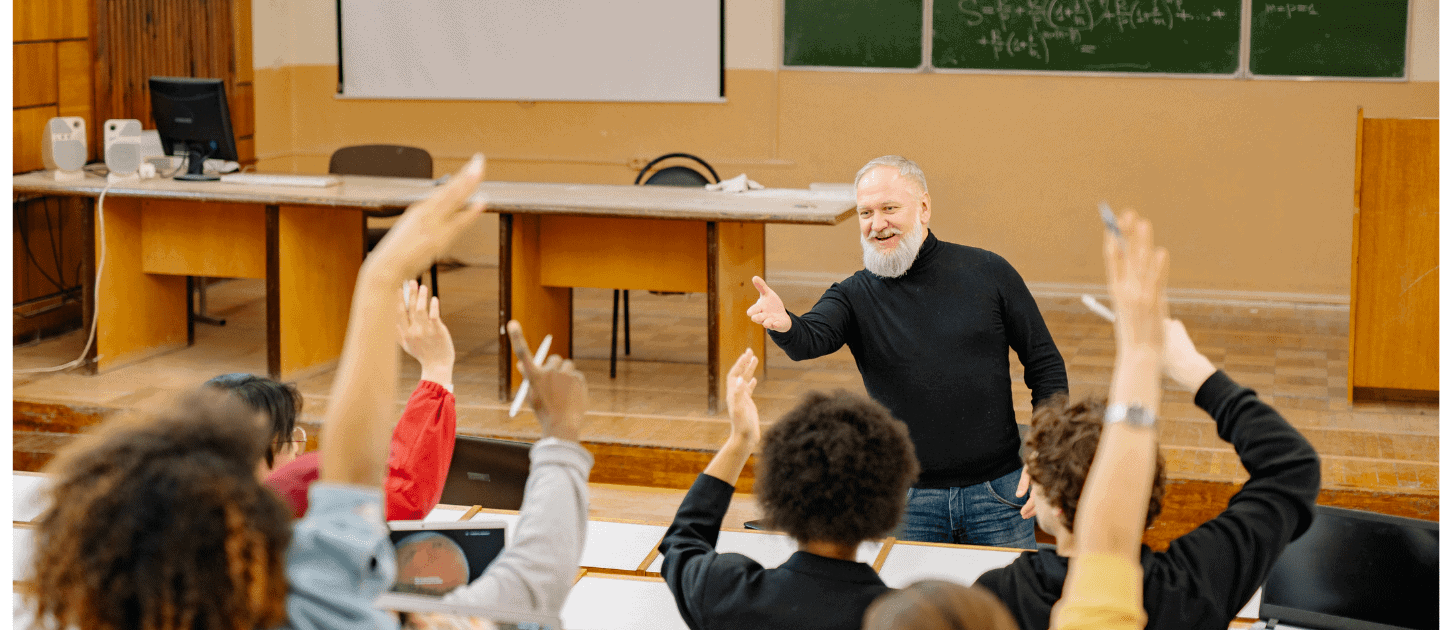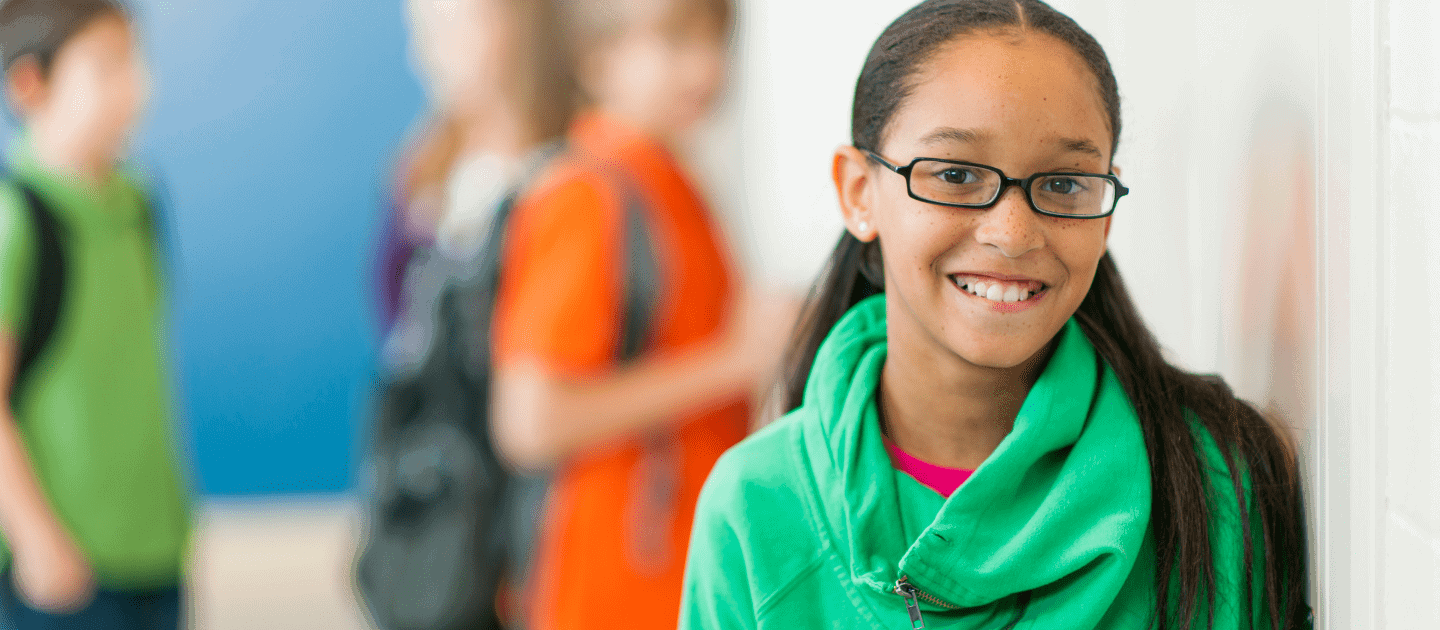An ecological approach to measuring social inclusion

Ecological Model for Inclusion Meys, Hermans, and Maes (2021) pursued this study in an effort to both test whether an ecological model could be utilized to better articulate the complexity of social relations and social inclusion for individuals with disabilities and to suggest a method for informing interventions better tailored to match the experienced reality […]
Building Effective Family-Professional Partnerships Begins in the University Classroom

Family-Professional Partnerships (FPPs) are a crucial part of empowering a child to reach their full potential. To leverage this trusting relationship, universities should consistently address building FPPs in coursework.
Factors Influencing the Behavioural Strengths and Difficulties in Children with Learning Disabilities

Ayar et al. reveal relevant factors, including socioeconomic status, prenatal smoking, and screen time duration, associated with strengths and difficulties among children with specific learning disabilities.
How can we use ethics of care to understand the transition to adult services for adults with severe intellectual disabilities?

For people with severe intellectual disabilities, transitioning to adult services marks a significant point in their lives. It is during these times and beyond that their involvement in big decisions, such as planning transitions, and the relationships between these people and family members have never been more important.
A Trauma-Informed Approach to Communication with Parents of Culturally and Linguistically Diverse Students

School counselors can play a key role in developing a school-wide, trauma-informed approach to advocating for culturally and linguistically diverse students with emotional and behavioral disorders.
Representation, Community, and Disability Identity: A Call to Action

Mueller illuminates key gaps in the present educational system that inhibits disability identity development.
Pedagogical Relational Teachership (PeRT): Reimagining student-teacher relationships to foster equitable participation in classrooms

Key Takeaway: In today’s globalized world, it is imperative that all students are able to use their unique voices and actively participate in conversations. In order to foster meaningful participation in the classroom, educators need to develop strong and trusting relationships with their students. Challenging the notion of what it means to be inclusive provides […]
Academic Self-Concept and Self-Perceived Inclusion in Relation to Student Characteristics

DeVries, Knickenberg, and Trygger report complex relationships between student characteristics (ie. the presence of learning differences), and self-perceived inclusion and academic self-regard.
Translating Learning to the Home Environment

Research has indicated that parental training and coaching programmes can be effectively translated into the student’s natural environment.
Fostering High University and Vocational Expectations during Adolescence through Discussions

For learners, frequent educational and vocational discussions with friends, family, and teachers during adolescence can be incredibly important in fostering their aspirations and transforming them into reality.
